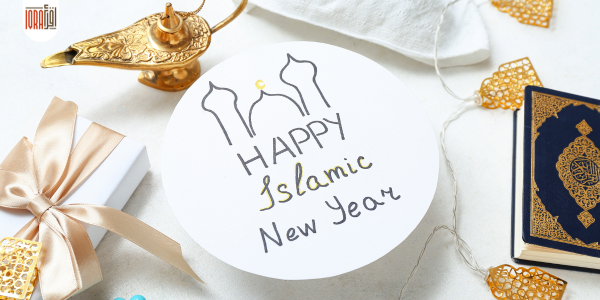In Islam, the concept of “Mahram” plays a significant role in defining permissible relationships and interactions. Understanding who qualifies as a Mahram is crucial for Muslims to adhere to the guidelines set by Islamic jurisprudence. In this comprehensive guide, we will delve into the definition of Mahram in Islam, exploring references from the Quran and Hadith, while also highlighting its practical implications in daily life.
Defining Mahram in Islam
Mahram, an Arabic term, refers to individuals with whom a Muslim is forbidden to marry or engage in intimate relationships due to their close familial ties. These relationships serve as a protective boundary, promoting modesty and respect within the Muslim community.
Quranic Perspective on Mahram Relationships
To gain insight into Mahram relationships, we turn to the Quran for guidance. Surah An-Nisa (4:22-23) provides a clear list of Mahram relationships, emphasizing the prohibition of marriage or intimate relations with them. Allah states, “And do not marry those [women] whom your fathers married, except what has already occurred. Indeed, it was an immorality and hateful [to Allah] and was evil as a way.”
This verse highlights the importance of adhering to these guidelines, underscoring the sanctity of familial bonds in Islam.
Hadith on Mahram Relationships
In addition to the Quran, Hadith (sayings and actions of Prophet Muhammad) offers further insights into Mahram relationships. The Prophet Muhammad (peace be upon him) emphasized, “A man must not be alone with a woman except in the presence of a Mahram.” [al-Bukhari reported it]. This Hadith reinforces the significance of recognizing one’s Mahram relatives to maintain appropriate boundaries in interactions between men and women.
Understanding the List of Mahram Relationships
Now, let’s explore the specific relationships that qualify as Mahram in Islam:
- Parents: Your biological parents are your primary Mahram. This sacred bond forms the foundation of the family unit.
- Siblings: Both full and half-siblings are considered Mahram, including step-siblings from the mother’s side.
- Children: Your children are also counted among your Mahram relationships, carrying responsibilities and care.
- Grandparents and Grandchildren: Generational ties ensure that grandparents and grandchildren are Mahram to each other.
- Aunts and Uncles: Aunts and uncles from both your father’s and mother’s sides are deemed Mahram.
- Nieces and Nephews: Just as you are Mahram to your aunts and uncles, their children (your cousins) are also considered Mahram to you.
Practical Implications of Mahram Relationships
Understanding who qualifies as a Mahram holds practical significance in the daily lives of Muslims. It guides their behavior and interactions, ensuring the preservation of appropriate boundaries with close relatives. Here are key considerations:
- Modesty: Mahram relationships encourage modesty in attire and behavior, as there’s no requirement for strict covering in front of them. This upholds Islamic values of decency and chastity.
- Social Interactions: Knowledge of Mahram relatives helps determine with whom one can comfortably interact, travel, or seek guidance without concerns of impropriety.
- Marriage: A clear understanding of Mahram relationships is vital when considering marriage. It prevents unions prohibited in Islam and ensures that marriages align with Allah’s boundaries.
- Inheritance: Mahram relationships also influence Islamic inheritance laws, determining eligibility for inheritance from the deceased.
In conclusion, Mahram relationships are fundamental to Islamic ethics and family life. They safeguard the sanctity of familial bonds, fostering modesty and respect within the Muslim community. Understanding these relationships guides social interactions and personal lives in accordance with Islamic principles.
If you seek to deepen your knowledge of Islamic jurisprudence and related topics, we invite you to explore our Fiqh course at IqraNetwork.com/courses/fiqh-islamic-jurisprudence/. Additionally, sign up for our program at IqraNetwork.com/register/ to access a wealth of educational resources.
For further references and in-depth information, consider exploring these reputable sources:
Understanding Mahram relationships not only ensures the correct practice of Islam but also fosters harmonious and respectful family dynamics within the Muslim community.





0 Comments
Oops comments are disabled